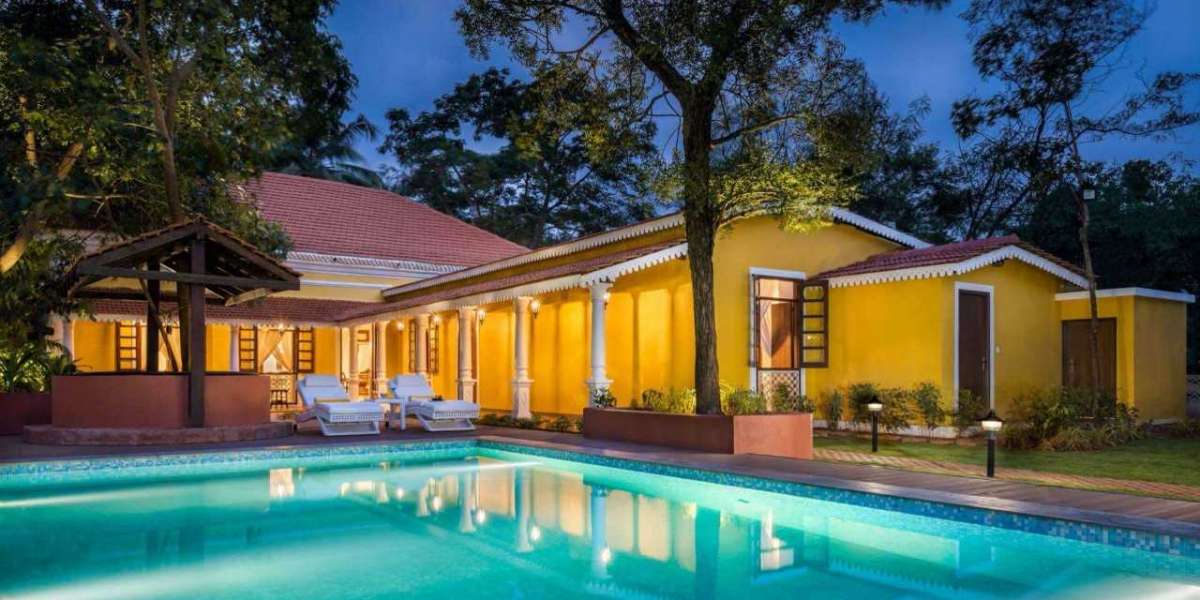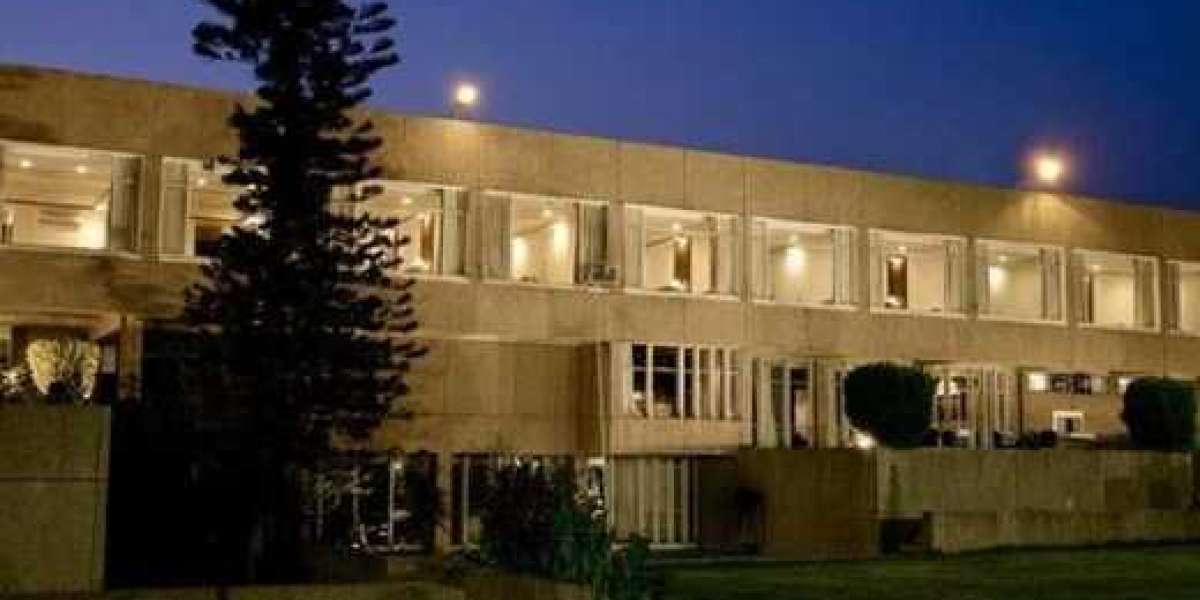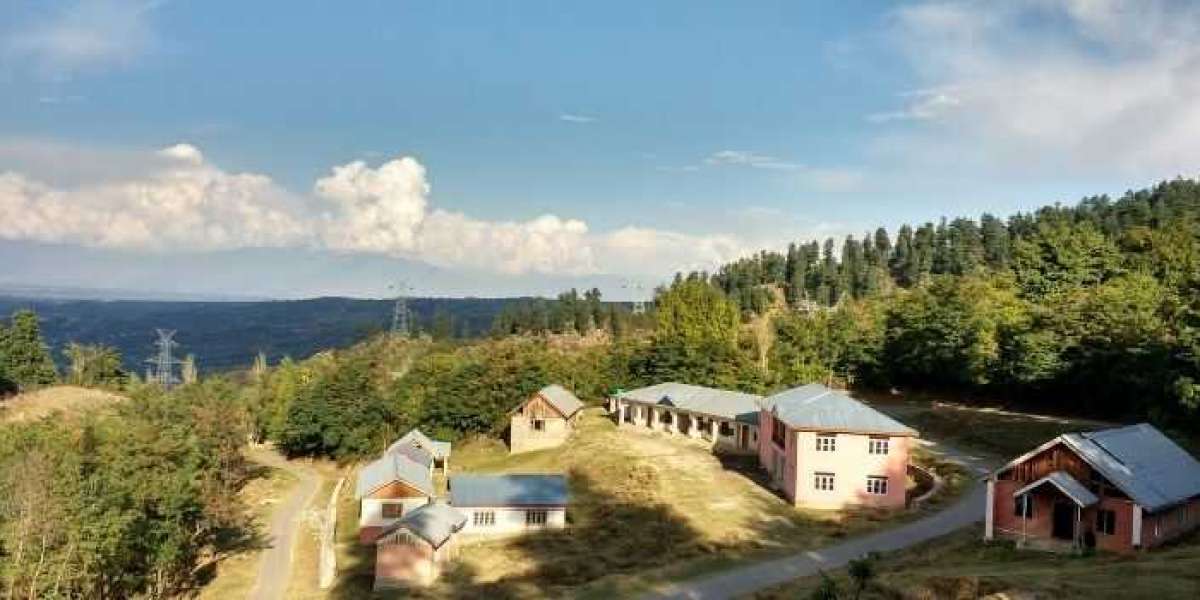India’s hospitality industry is among the worst hit by the coronavirus pandemic, with severe business disruptions due to prolonged lockdowns. Staring at a potential revenue loss of $10 billion and job losses of 5-7 million, the hospitality sector has sought the government's intervention.
In an interview, Puneet Chhatwal, managing director and chief executive officer, The Indian Hotels Company Ltd (IHCL) which owns and runs the Taj brand of hotels, spoke about state lockdowns, pent-up demand and how technology is playing a crucial role in managing costs. Chhatwal, who is also president of the Hotels Association of India (HAI), also discussed finding new revenue streams for hotels through online food ordering. Edited excerpts:
What has been the initial reaction of patrons of hotels reopening? Is the fear of going to a hotel or a restaurant gradually decreasing?
It’s a mixed bag. If the guest is elderly and has co-morbidity, then they won’t take a chance of stepping out of their homes. Even the younger generation is extremely cautious. Everyone is, however, feeling the impact of staying locked in their homes for four months and are looking forward to going out. Hotels also provide services such as salons, spa, swimming, and gym which people are missing as they have limited access to it. Hotels are safe places; in many modern properties, there is live cooking, so guests can see their food being prepared in front of their eyes. Good hospitality brands are following stricter hygiene standards ensuring that when guests do return, they feel safe and at ease.
How has Unlock been for the hospitality industry?
To be honest, unlock has not happened for the hospitality industry as policies of the states and the Centre are not aligned. In Delhi, hotels are still not open while in Goa, they were first allowed to open--at only 33%--but then, again, were shut down.
There are multiple restrictions, like guests required to bring mandatory COVID negative certificates, among others. Moreover, interstate travel also remains an issue. I’d say, aviation has had unlocking, people are allowed to go to malls but unfortunately hotels are not open despite the fact during the lockdown, hotels were at the forefront serving the medical staff despite the danger of contracting virus. In Mumbai, Taj has hosted over 66,000 room nights so far. Even with all the precautionary measures, I fail to understand why hotels can’t be opened when restaurants have been allowed to operate.
Do you see demand reviving by November-December?
If unlocking comes with multiple restrictions, then demand will also be controlled. Assuming 50% normalization happens and hotels are allowed to operate within 50 days, I expect demand to come back. Within 100 days, the demand will pick up because it would be the festive time of the year. I believe the cases are bound to shoot up once full unlock happens but we have to learn to live with the virus. Enforcing multiple lockdowns is not a sustainable model for the economy.
Has technology changed the way hotels operate especially during the pandemic?
Technology has always been an important factor. However, not every hotel can afford to heavily invest in it as the business is already capital and labor-intensive. Brands are taking steps towards it. Ten of our hotels, for instance, will soon let guests open their rooms through smartphones.
Our food delivery app ‘Qmin’ has been quite successful. By August, we would add Chennai and Kolkata apart from Delhi, Bengaluru, and Mumbai. We will further add 10 key cities to the app.
One can manage the variable cost as it is directly linked to occupancy. As guests are not coming, so the cost of electricity and water goes down by default. The other way is not to spread occupancy over several floors and minimize the staff. Staff, which are needed, are called. The issue is a fixed cost. At IHCL, we have been trying to be operationally efficient even before COVID times by deploying technology to achieve better room to staff ratio. We have promoted our existing staff to manage our new hotels and that’s the reason we have able to post nine consecutive quarters of positive growth.
News Courtesy: MINT
LIKE AND FOLLOW: Facebook, Twitter, Linkedin, Instagram








